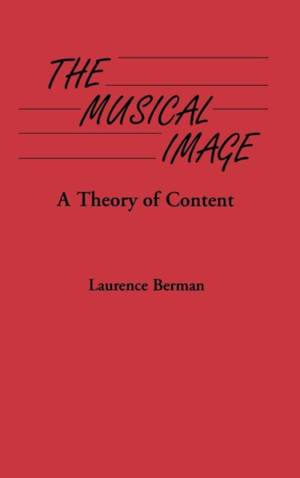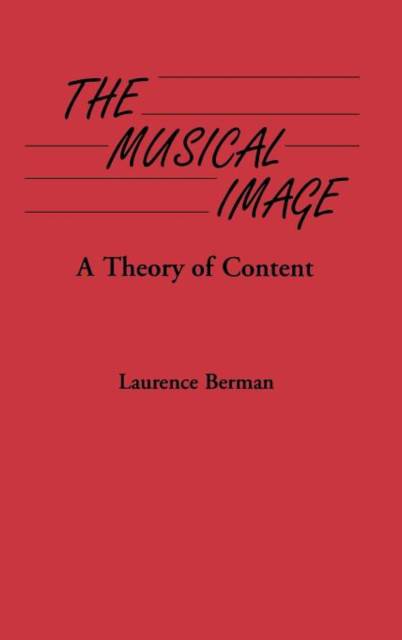
- Retrait gratuit dans votre magasin Club
- 7.000.000 titres dans notre catalogue
- Payer en toute sécurité
- Toujours un magasin près de chez vous
- Retrait gratuit dans votre magasin Club
- 7.000.0000 titres dans notre catalogue
- Payer en toute sécurité
- Toujours un magasin près de chez vous
Description
A musical phrase, or, for that matter, a musical unit of any size or shape, becomes an image whenever we imagine it to be invested with a content whose origins lie outside music. Such a content, according to the theory developed here, constitutes the image's conventional significance; it accounts for whatever strikes us about the image as having a common and familiar ring. That being so, the origins in question must be coincident with the fundamental ideas--the archetypes--that have been traditionally represented as underlying and unifying Western culture. As the theoretical constructs they are, arehctypes are never encountered directly. It is in the form of their local variants that we make contact with the archetypes, and it is at this local level that the present book sets its sights: style, the typical or shared element in the musical imagery of a time and place, is studies as a function of Zeitgeist, the complex of beliefs, values, and ideals of a community. The approach is both thematic and historical, in keeping with a key objective of archetypal criticism.
Far from repudiating the popular notion that music expresses the human emotions, this study attempts to recast emotion theory by examining musical images for kinds of behavior from which we may infer not only emotion (pathos, effectus) but also personality (ethos). Ethical and affective distinctions are very sharply drawn, in an effort to clarify and widen the vocabulary of musical commentary, as well as to provide cultural and historical backing for contents long considered the cliches of musical expression.Spécifications
Parties prenantes
- Auteur(s) :
- Editeur:
Contenu
- Nombre de pages :
- 408
- Langue:
- Anglais
- Collection :
Caractéristiques
- EAN:
- 9780313284342
- Date de parution :
- 21-06-93
- Format:
- Livre relié
- Format numérique:
- Genaaid
- Dimensions :
- 156 mm x 234 mm
- Poids :
- 743 g

Les avis
Nous publions uniquement les avis qui respectent les conditions requises. Consultez nos conditions pour les avis.






